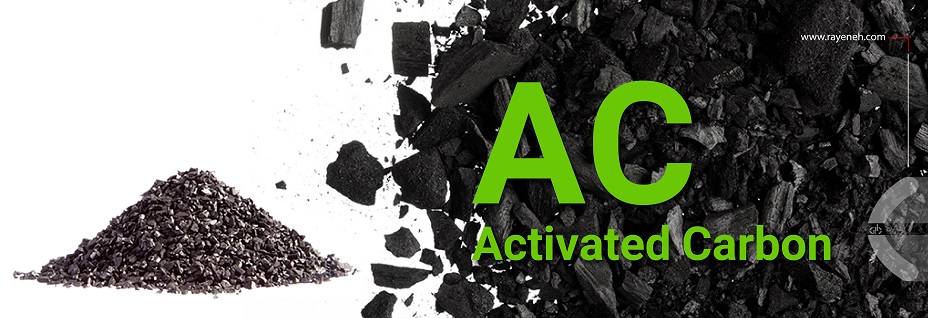
Activated carbon is the best choice for purifying raw materials, intermediates and products in the oil and gas industry, as well as in the processes of hydrocarbon sweetening, catalytic dichlorination, or cleaning gas scrubber liquids to increase their lifespan.
Activated carbon is known as a widely used adsorbent due to its high specific surface area, porosity and ability to absorb chemical gases and liquids.
By using the absorption method, it is possible to remove color, heavy metals, hydrocarbon compounds and other compounds from the wastewater, thus increasing the resistance of the system against organic load changes.
Choosing the right type of activated carbon depends on the physical and chemical characteristics of the pollutant. Carbon is divided into different types based on its surface characteristics, chemical and physical behavior and preparation method, which can be referred to tablet, powder, granular and rod activated carbon.
Characteristics
| The appearance | black powder or granules |
| Iodine number | 500-1200 mg/gr |
| Special surface | Min 500 m2/gr |
Application
- Gold mines
- Remove chlorine from water
- Catalyst
- Purification of gases, water and sewage
- Air filter
Packing
Activated carbon is packed in 500-1000 kg jumbo bags or 25 kg bags.
Chemical Formula
- C
